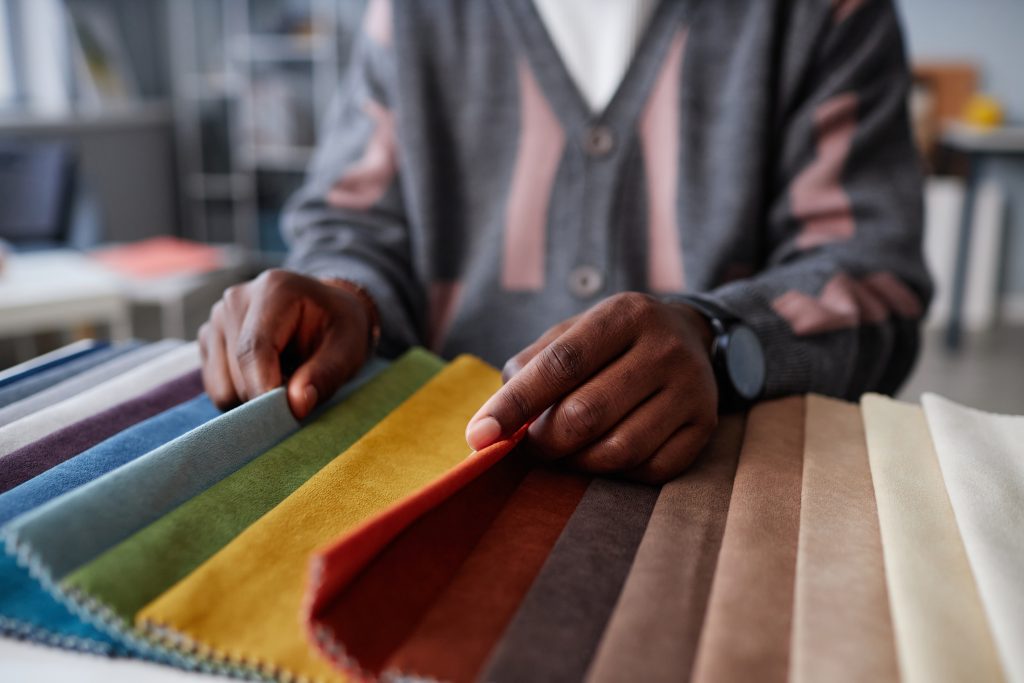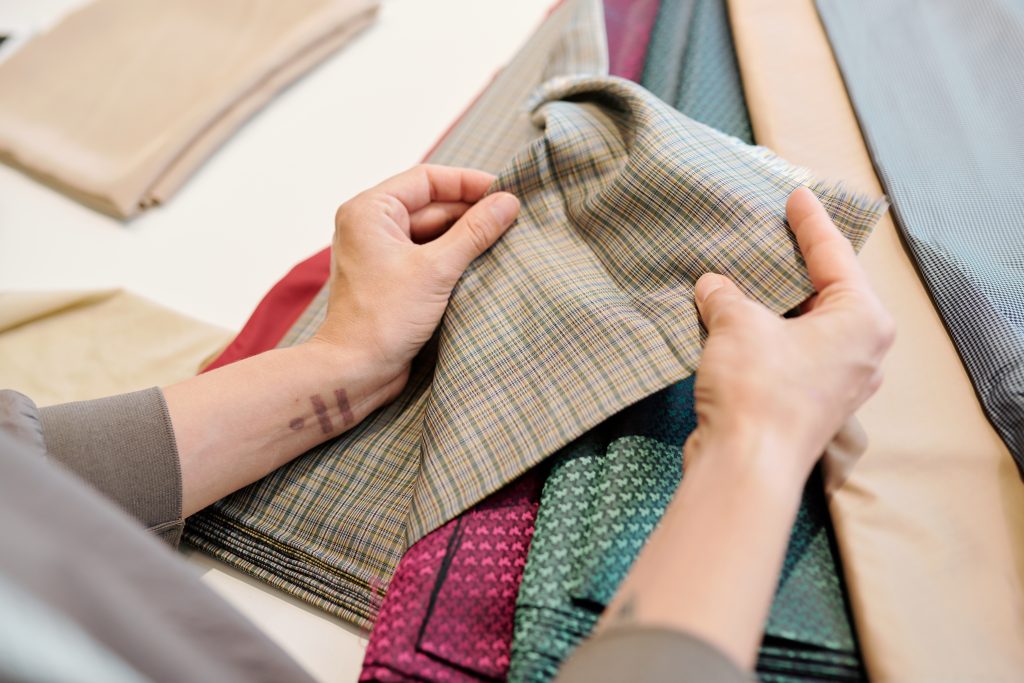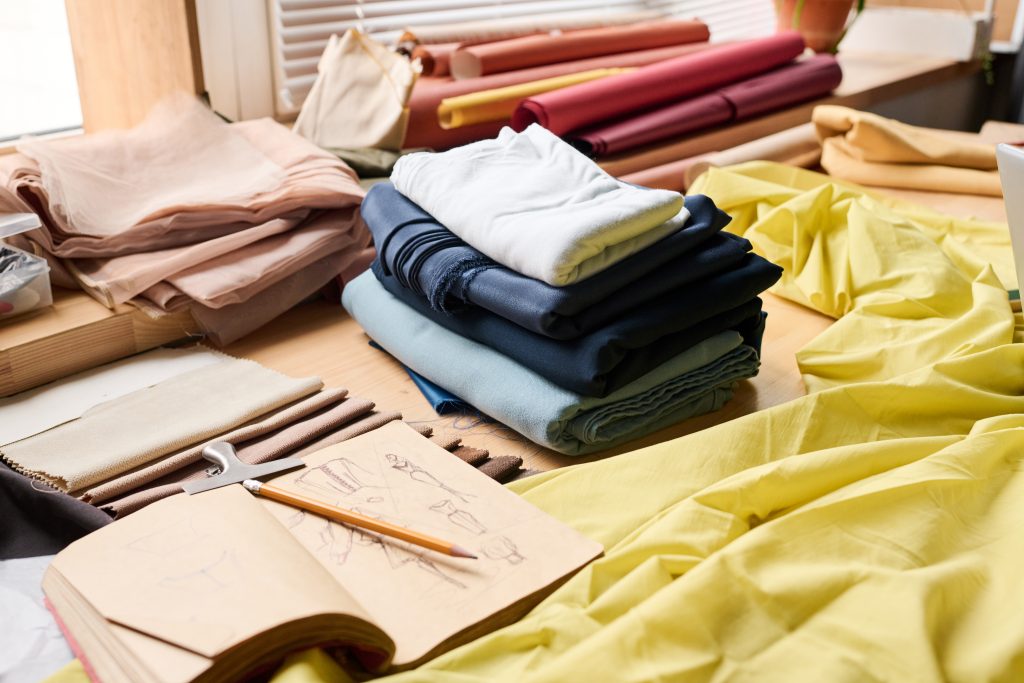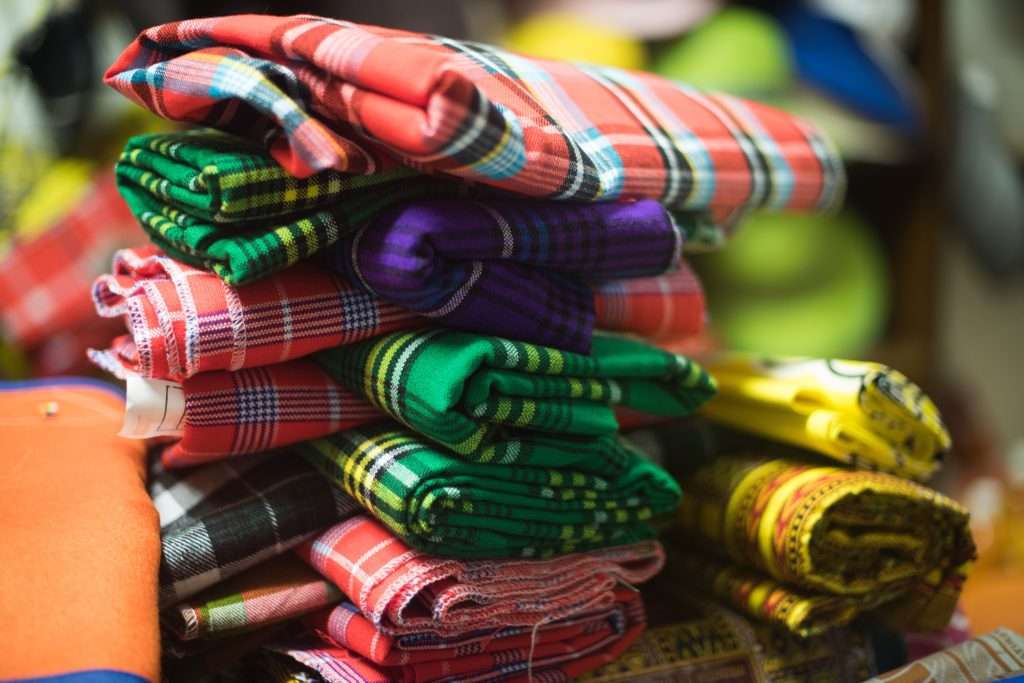Functional textile solutions not only meet aesthetic expectations but also provide practical benefits in daily life and industry. Today, textile products represent much more than ordinary fabrics. Advanced production techniques, nano-coatings, and eco-friendly materials push textiles to the forefront in critical areas such as fashion, healthcare, sports, defense, and occupational safety.
Especially in today’s world of growing global competition, companies that invest in innovative textile solutions gain both cost advantages and achieve their sustainability goals. In this article, we will examine in detail the scope, applications, advantages of functional textile solutions, and the leading role of Marsala Textile in the industry.

Table of Content
- What Are Functional Textile Solutions?
- Applications of Functional Textile Solutions
- Advantages of Functional Textiles
- The Role of Marsala Textile in the Industry
- Sustainability and Eco-Friendly Approaches
- Technological Developments in Functional Textiles
- Future Trends in Functional Textile Solutions
- Conclusion
- Frequently Asked Questions
What Are Functional Textile Solutions?
Functional textile solutions refer to products that carry specific performance features beyond ordinary fabrics. Moreover, these features not only enhance clothing comfort but also provide additional benefits in terms of health, safety, and durability.
For example, water-repellent fabrics keep the user dry in rainy weather. In addition, antibacterial fabrics prevent the growth of microbes and raise hygiene standards. Furthermore, flame-retardant fabrics enhance occupational safety, while UV-protective textiles shield users from harmful sun rays. As a result, textiles have transformed from passive materials into active protective technologies.
Applications of Functional Textile Solutions
Functional textiles are applied in a wide variety of sectors, and their reach continues to expand. Key examples include:
- Sportswear: Moisture-wicking, breathable, and stretchable fabrics enhance athletes’ performance. Lightweight fabrics with high moisture transfer are particularly important for marathon runners.
- Healthcare sector: Antibacterial fabrics reduce the risk of infection in hospitals. Surgical gowns, masks, and hospital linens frequently rely on these properties.
- Occupational safety: Heat-resistant and flame-retardant fabrics protect workers in industries such as construction, mining, and energy.
- Everyday clothing: Water-resistant and stain-repellent fabrics improve consumer comfort. Rainproof jackets or easy-to-clean trousers are typical examples.
- Industrial applications: Filter fabrics, technical covers, and insulation materials increase efficiency in production. Heat-resistant textiles used in power plants illustrate this field.
Advantages of Functional Textiles
Functional textile solutions bring multiple advantages to both consumers and producers:
- Longer lifespan: Durable fabrics extend product usage.
- Hygiene: Antimicrobial features simplify infection control, especially in healthcare.
- Comfort: Thermoregulating fabrics improve user comfort in varying climates.
- Efficiency: In industrial use, these textiles save energy and resources.
- Eco-friendliness: Recyclable yarns significantly reduce the carbon footprint.
In addition, the added value of functional textiles strengthens brand competitiveness.
The Role of Marsala Textile in the Industry
Marsala Textile stands out with its innovative approach to functional textile solutions. In its high-standard production facilities, it develops a wide range of products, from antibacterial fabrics to water-repellent coatings. Marsala has established itself as a reliable brand in the global market through its competitive solutions. Moreover, the company invests in R&D to introduce next-generation functional textile technologies into the sector.

Sustainability and Eco-Friendly Approaches
In functional textile solutions, sustainability is not just an option but a necessity. Eco-friendly dyes, recycled yarns, and water-saving production techniques form the foundation of this approach. Marsala Textile integrates modern systems that improve energy efficiency into its production processes, aiming to minimize carbon emissions.
Technological Developments in Functional Textiles
In recent years, the textile industry has rapidly transformed through digitalization and nanotechnology. Smart fabric systems measure body temperature, track moisture balance, and adapt to environmental conditions. Especially, thermoregulating fabrics retain heat in cold weather and, conversely, provide cooling in hot weather. Furthermore, UV-protective and antibacterial coatings enhance health and safety in everyday life. As a result, these developments further increase the value of functional textiles.
Future Trends in Functional Textile Solutions
In the future, functional textile solutions will grow with sustainable materials, wearable technology, and digital integration. Recyclable fibers will support the circular economy. At the same time, smart garments with sensors will track health data. They will also drive medical breakthroughs. Marsala Textile follows these trends and delivers the latest solutions to its customers.
Conclusion
Functional textile solutions have become an indispensable part of modern life and industrial production. With their durability, hygiene, energy efficiency, and eco-friendly features, they drive a significant transformation in the industry. Marsala Textile leads this transformation with innovative solutions that add value both to users and to the environment. Moreover, its sustainable approach differentiates the company in the industry. In conclusion, functional textile solutions will remain one of the key trends of the future.
Additionally, you can explore more content by visiting our blog section.

Frequently Asked Questions
Which sectors use functional textile solutions?
These innovative fabrics are used in sports, healthcare, safety, daily life, and industrial production.
Are functional textile products eco-friendly?
Yes. Functional textiles produced with recycled yarns and eco-friendly dyes offer advantages in sustainability.
What functional features does Marsala Textile provide?
With antibacterial, water-repellent, breathable, and sustainable fabric solutions, Marsala Textile secures a strong position in the industry.

